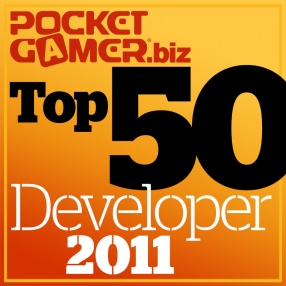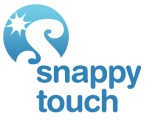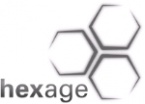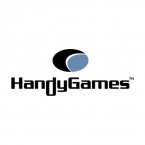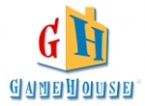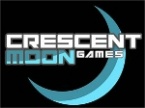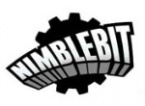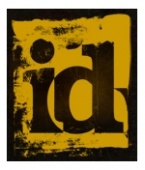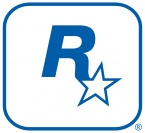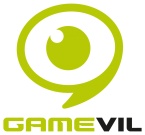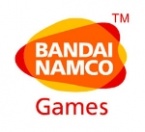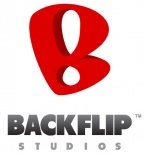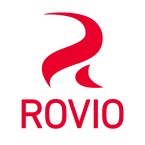Considering the thousands of publishers and developers who have released mobile games during 2010, the task of picking out the relatively small number of 50 as being 'top' may seem to be a Sisyphean exercise.
Yet, that process provides a wealth of useful information, while the rigor of directly comparing companies forces us to think about what we mean by the term 'top developers'.
In terms of the this ranking, we used metrics such as sales performance, critical acclaim of releases, innovation in terms of business approach, and the number and range of titles released during 2010.
There are thousands of game developers for mobile and portable devices, and that number is growing fast as the console crowd joins in the fun.
However, it goes without saying, there can be only 50 companies in the PocketGamer.biz top 50 developers of the year list, and they are the best in the industry.
So now into its second year, check out the teams who you should be working with, thinking of acquiring, or aspiring to match.
PocketGamer.biz's top 50 developers is produced in conjunction with Scoreloop, the leading cross platform SDK and infrastructure to drive game discovery, engage users and build new revenue streams.
Click here to view the list »

